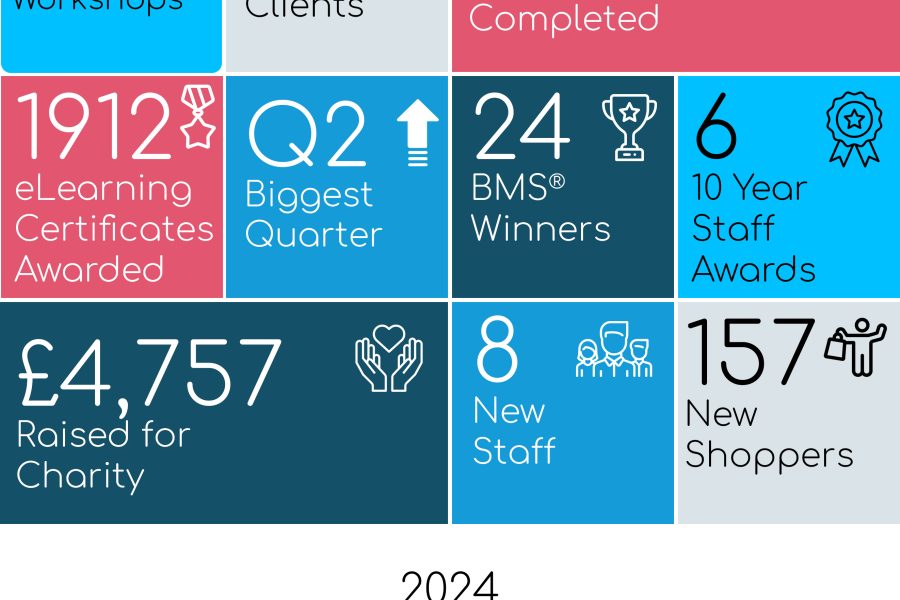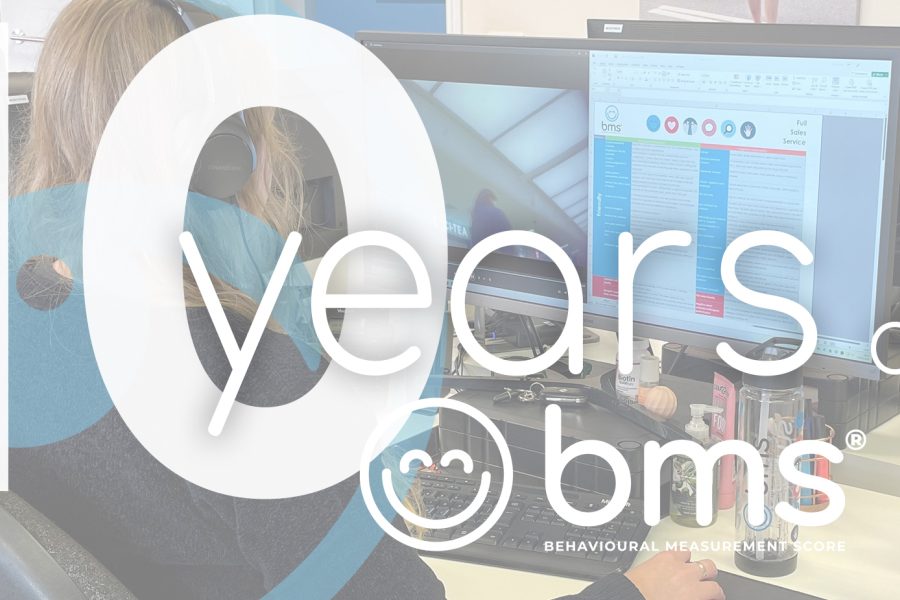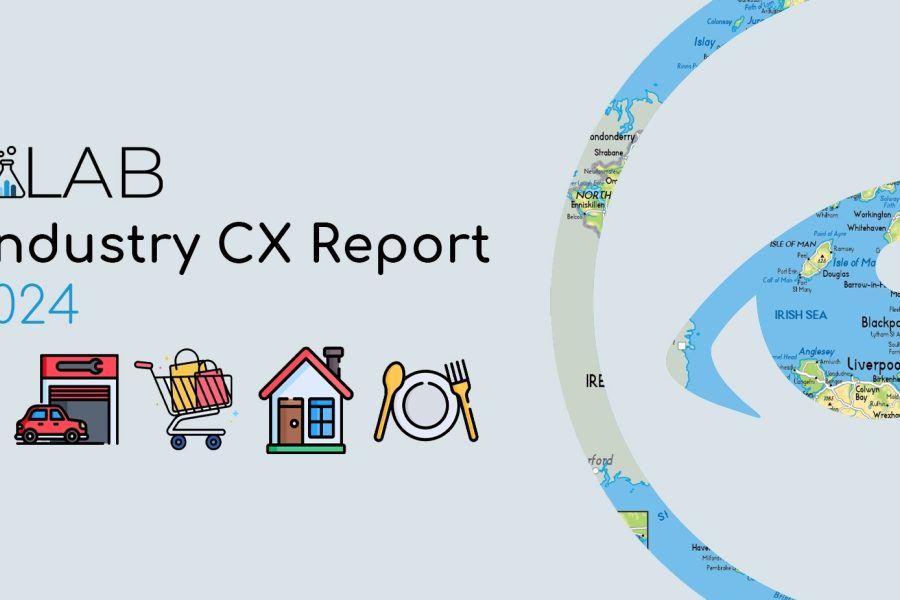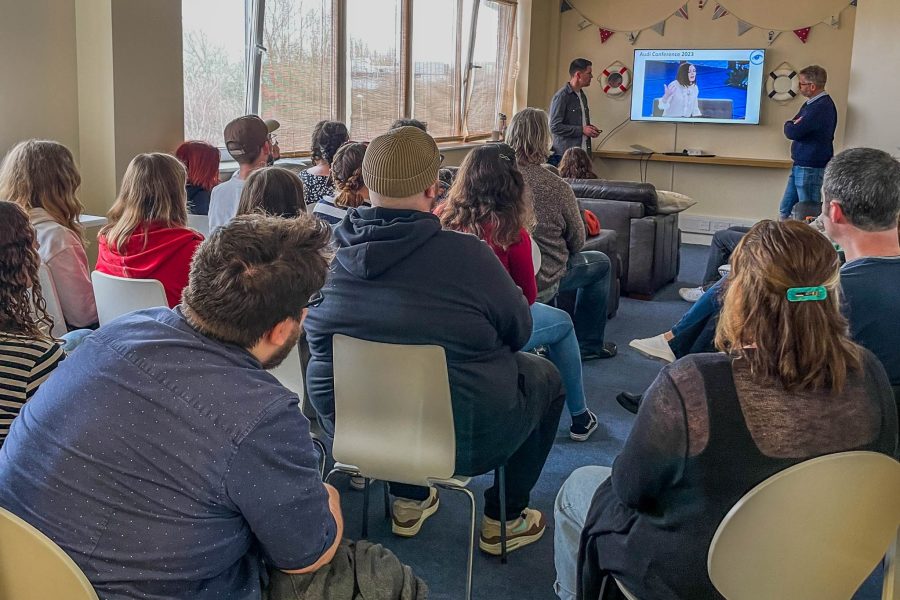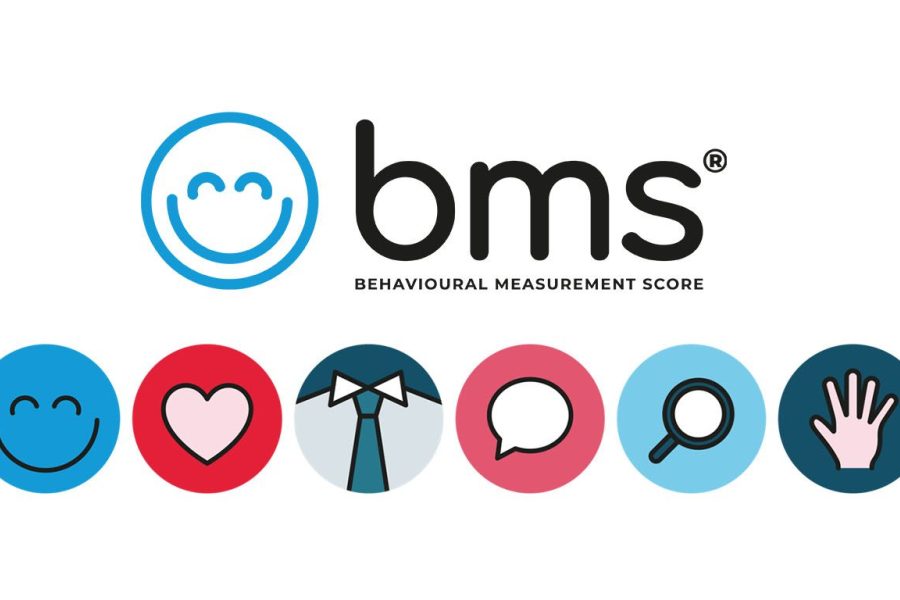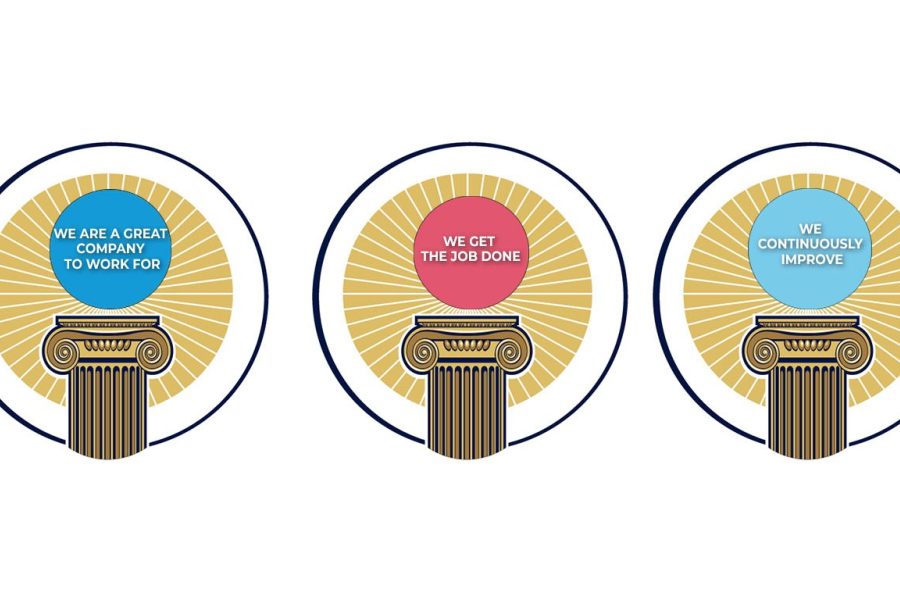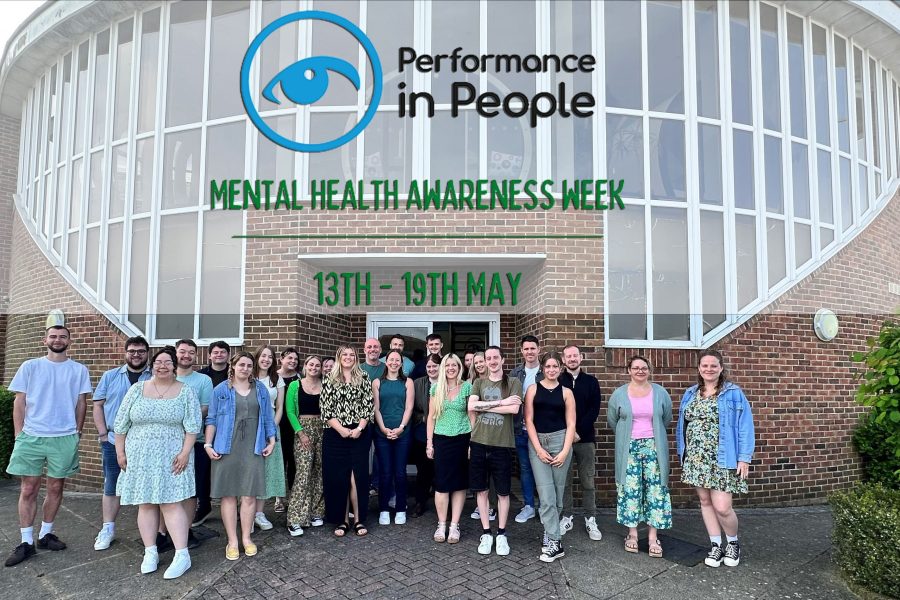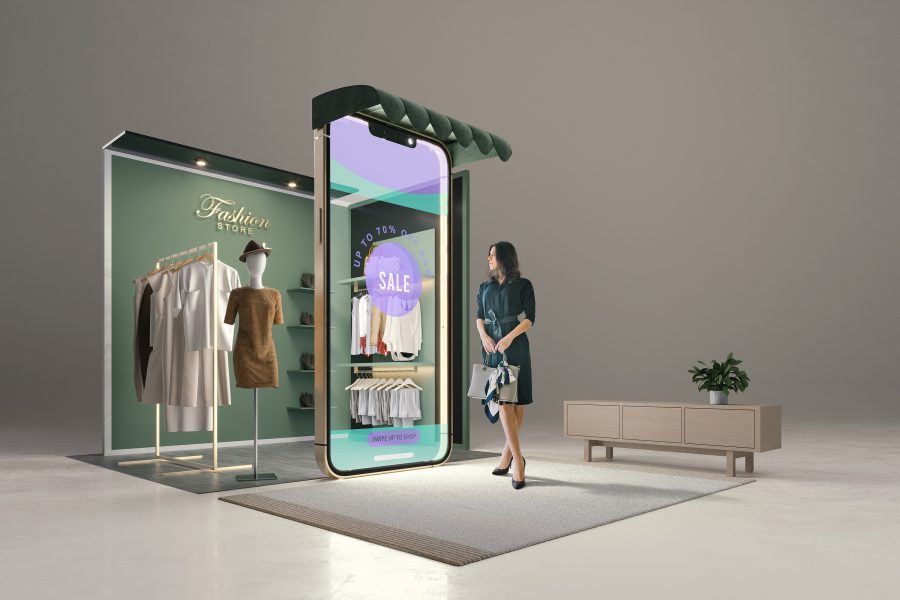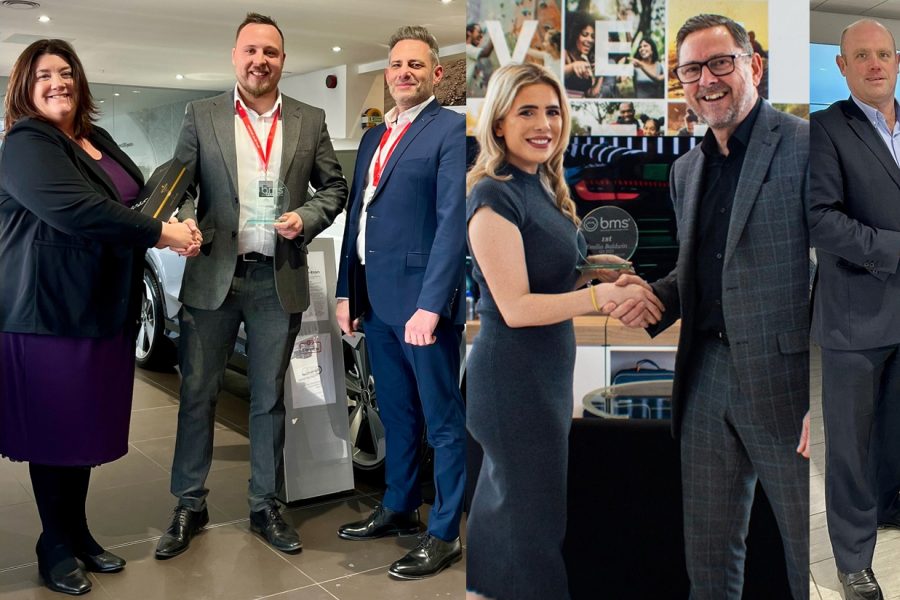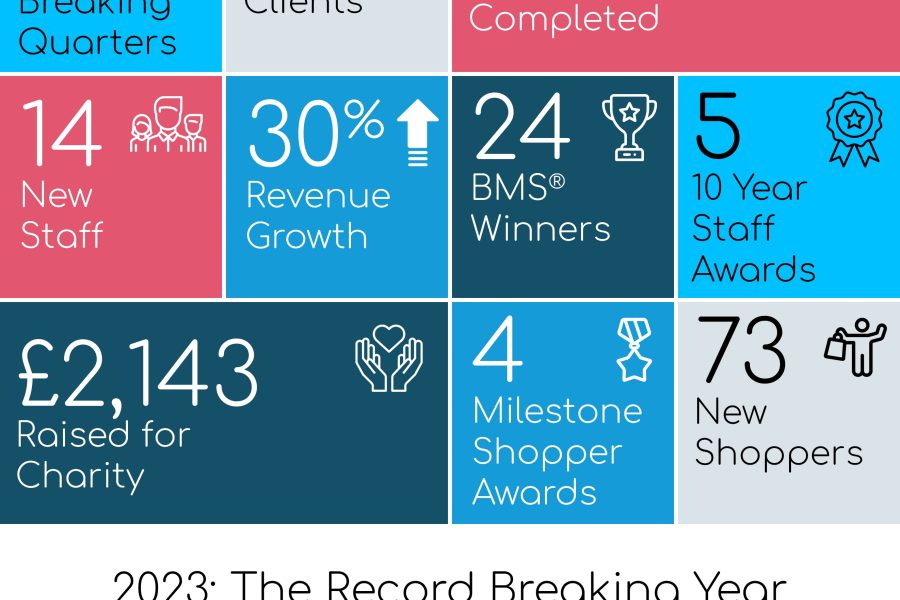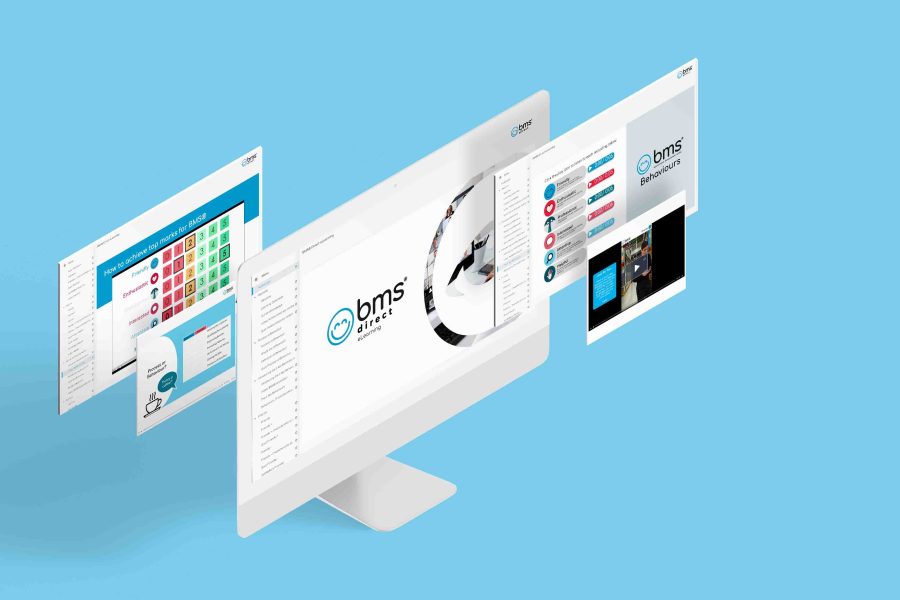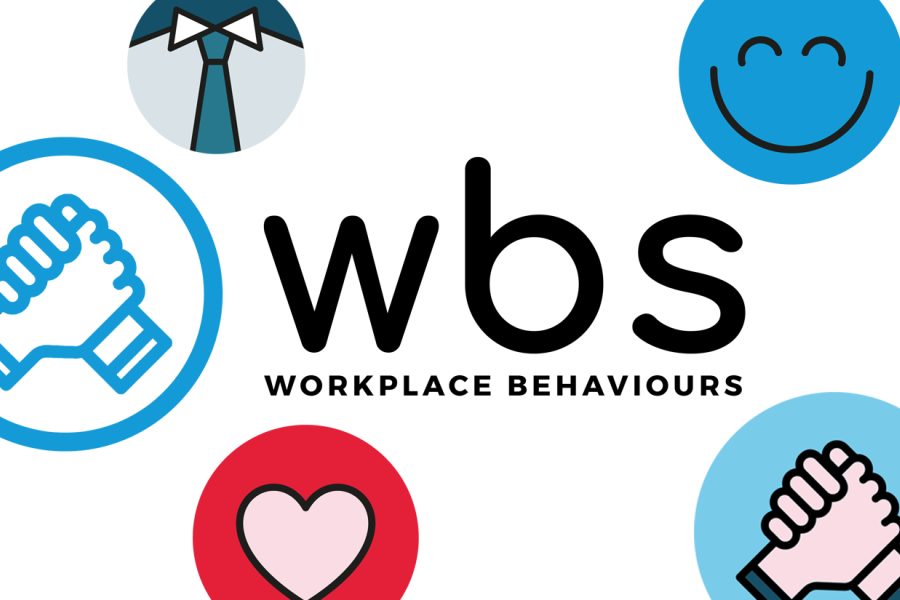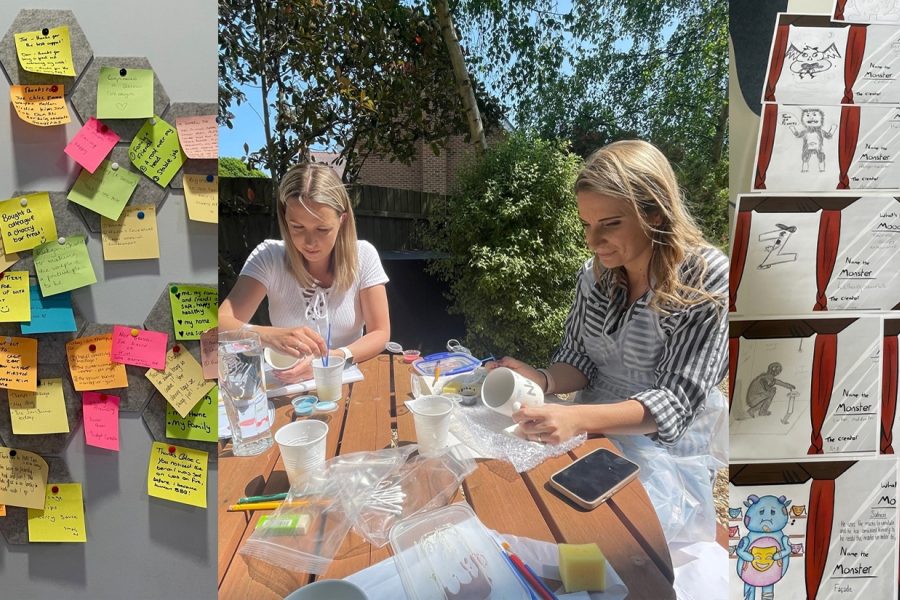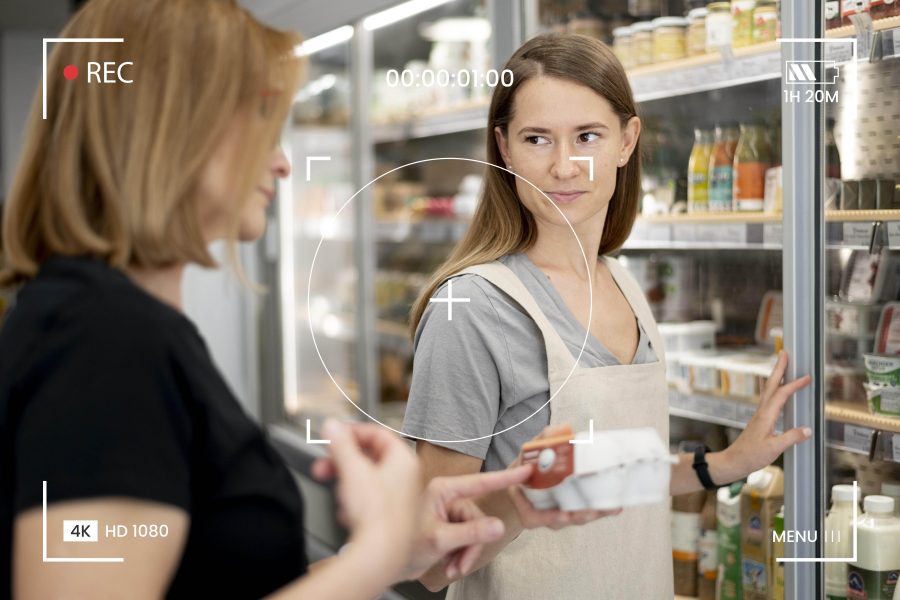Leading By Influence
In a world of social media influencers, bloggers, vloggers, viral stars, and instant opinions it doesn’t take long for word to spread in this day and age. We can’t change people’s minds we can only try to influence them. In the world of hospitality this is done by giving the best customer experience possible and by striving to replicate that amazing experience for anyone that walks through the doors.
The result of customer opinions has a big impact on a business which can either make or break reputation. Performance in People (PiP) wanted to understand, specifically within the hospitality sector, what factors contributed towards influencing the customer experience.
In December 2023 PiP collected data from across the UK market by visiting over 130 quick service cafés and restaurants across some of industries leading brands.

Lasting Impressions
As part of our research, we identified 7 key factors that contribute to the overall customer satisfaction in a Quick Service Restaurant (QSR) environment. We tasked the public to rank which they thought were the most important components when visiting quick service hospitality service environments.

32.2% of customers voted ‘Food Quality’ as the most important element. The second most important element to customers was ‘Customer Service’ coming in at 23.9%. 12.3% of customers chose the ‘Environment’ (restaurant and toilet cleanliness) as the next important.

Quality, Quantity and Consistency
To be a leading force in the quick service hospitality industry it’s not enough to just deliver a quality product, you need to be able to deliver that product in a time efficient manner. ‘Food Quality’ was reported as the most important factor to customers. In most of our shoppers experiences they reported that this expectation was met with the food being reported as good quality (96.6%) and well presented (94.1%).

By ensuring an enjoyable experience, companies can increase the likelihood of repeat custom. The more people leaving a restaurant having ticked all three boxes for Food Quality, Customer Service and Environment, the more people will sing your praise, building a reputation that builds trust and longevity.
Environmental Excellence
One of the most noticeable and memorable impressions left when visiting a quick service restaurant is the environment you place your order or dine in. Generally, you are walking into a busy location with a high footfall, so it’s imperative that companies go above and beyond to ensure a clean and hygienic environment.
Some key things that stand out to customers include litter, cleanliness, lack of stock and dated facilities. 46% of brands we canvassed had a clean and well-presented interior on every occasion. When an interior was unclean or poorly presented, there was only a 42.9% chance of the customer returning.

Reliable Returns
The result of our accumulative research identified that customer service is the second most important factor when deciding where to dine out. We asked our shoppers how likely they would recommend this café/restaurant? The majority (46%) scored 7 or 8 (NPS passive). 21.2% scored 9 and 10 (NPS promoter) and 32.8% scored 0 to 6 (NPS detractor).
How do we measure good vs bad customer service? Luckily for us at Performance in People we have patented and perfected our award-winning Behavioural Management Score® (BMS®) – a methodology used to objectively measure and develop the key behaviours that impact most on the customer experience. BMS® was crowned a gold award winner at the UK Customer Experience Awards for the ‘UK’s Best Customer Experience Measurement’ and is now recognised as the science behind delivering a great customer experience.
Interestingly, there is a direct correlation between BMS® and the likelihood of recommendation and return. All locations that scored 9 and 10 (NPS promoter) had an average BMS® of 3.47 out of 5. All 0 to 6 scores (NPS detractors) had an average BMS® of 2.39 out of 5.
The hospitality sector’s foundation is built on delivering unique customer experiences. Literally. The definition of hospitality is “The act of being friendly and welcoming to guests and visitors.” So of course, this should be the top priority for any company working in this industry. However there are different levels of hospitality and the expectations that come with them.

For example, if you are dining in a Michelin star restaurant there’s a level of expectation that follows suit. This doesn’t mean to say you should have lower expectations for a quick service restaurant. In fact, sometimes they face a more difficult challenge of delivering customer excellence in a shorter time of interaction.

When real customers were asked if they would return to the café / restaurant, we identified a performance difference with BMS®. These findings link with the survey results to show that customer experience influences the likelihood of returning. Restaurants scoring higher in BMS® directly show the substantially higher likelihood of customers returning in the future.
Want to access the full report?
To read more about our unique insights into the quick service restaurant industry you can register your interest at enquiries@performanceinpeople.co.uk











